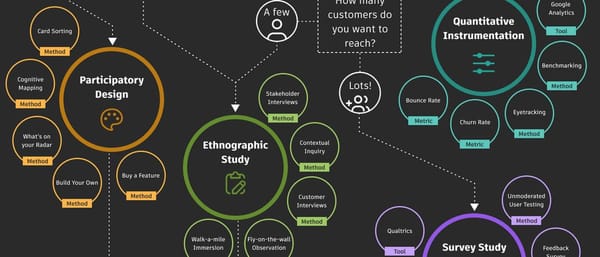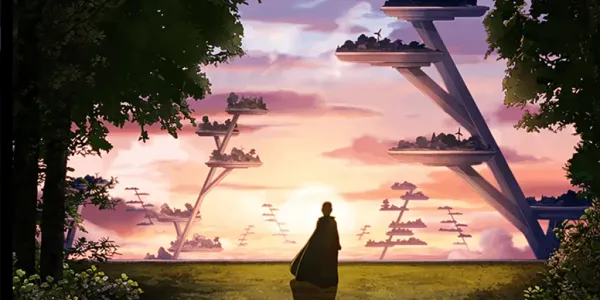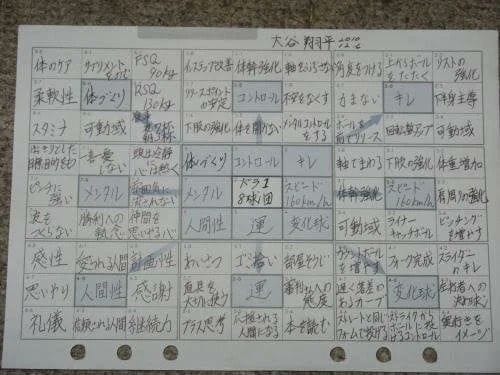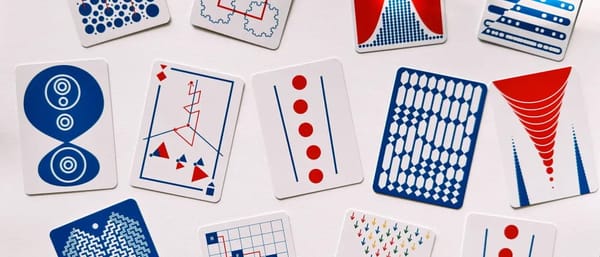№ 78 | WCAG card deck (+ more!), Tabbed Out on the Oregon Trail, “Who Killed the World?”, “The Year Without Sunshine,” Reflection vs Rumination, and… Dynamicland!

WCAG card deck (and more!)
Apparently, this is the week for things to think with related to the WCAG (Web Content Accessibility Guidelines)…
First, I had this deck of WCAG 2.2 cards (LinkedIn post leading to a Figma file) lined up and ready to share:

Then, I stumbled across this underground train map style visualization of the WCAG 2.2 information.

Finally, while going through some old files, I stumbled across this tweet I had saved from Livia Labate:
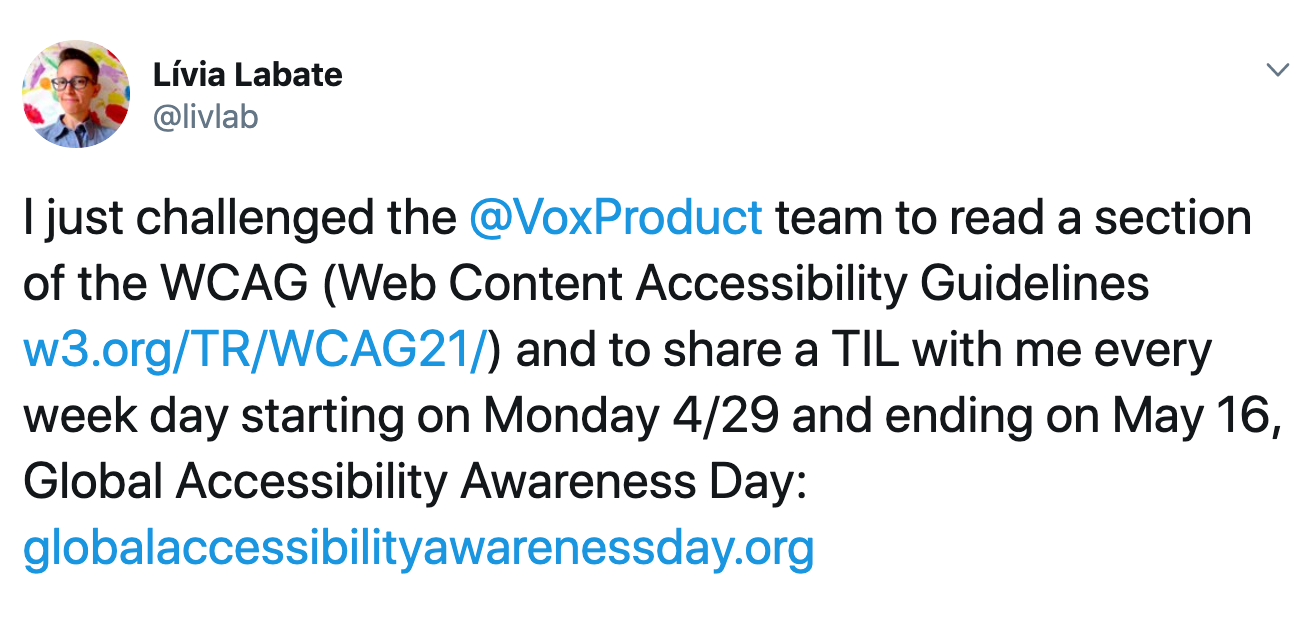
As I recall, I responded with praise, citing this as an example of a “facilitating structure” (phrasing I briefly used, before moving on to “playful things to thing with!”).
Oh, and then there was this post discussing how WCAG’s A and AA distinction is mostly academic.
Whew!
“Tabbed out on the Oregon Trail”
A few years ago, when I first started exploring modern choice-based gamebooks, I came across a unique find: Meanwhile: An Interactive Comic Book. Rather than “turn to page 73” as an option, it has tabbed pages and winding, colored tube illustrations to guide you through different paths. Honestly, it’s hard to describe and there’s nothing quite like it, until…I came across this recent post about a similar book Pick Your Own Path on The Oregon Trail.

Also of note, was this little factoid from the creator of Meanwhile:
...the problem proved to be NP-complete. With the use of a V-opt heuristic algorithm running for 12 hours on an SGI machine, the solution was finally cracked in spring of 2000. It was another six months before layouts were finished, again with the aid of homebrew computer algorithms.
Reminds me of how matrix transformation from linear algebra was used to create the 1980s gamebook Ace of Aces.
Shifting gears a bit…
“Who killed the world?”
Who killed the world? is a visual essay (an interactive, narrative, data analysis) from the fine folks at The Pudding. What’s the topic this time? What the fictional settings of 7 decades of sci-fi movies tell us about ourselves.
Over the last few generations, it’s been harder for us to imagine this better world – and our sci-fi reflects that.
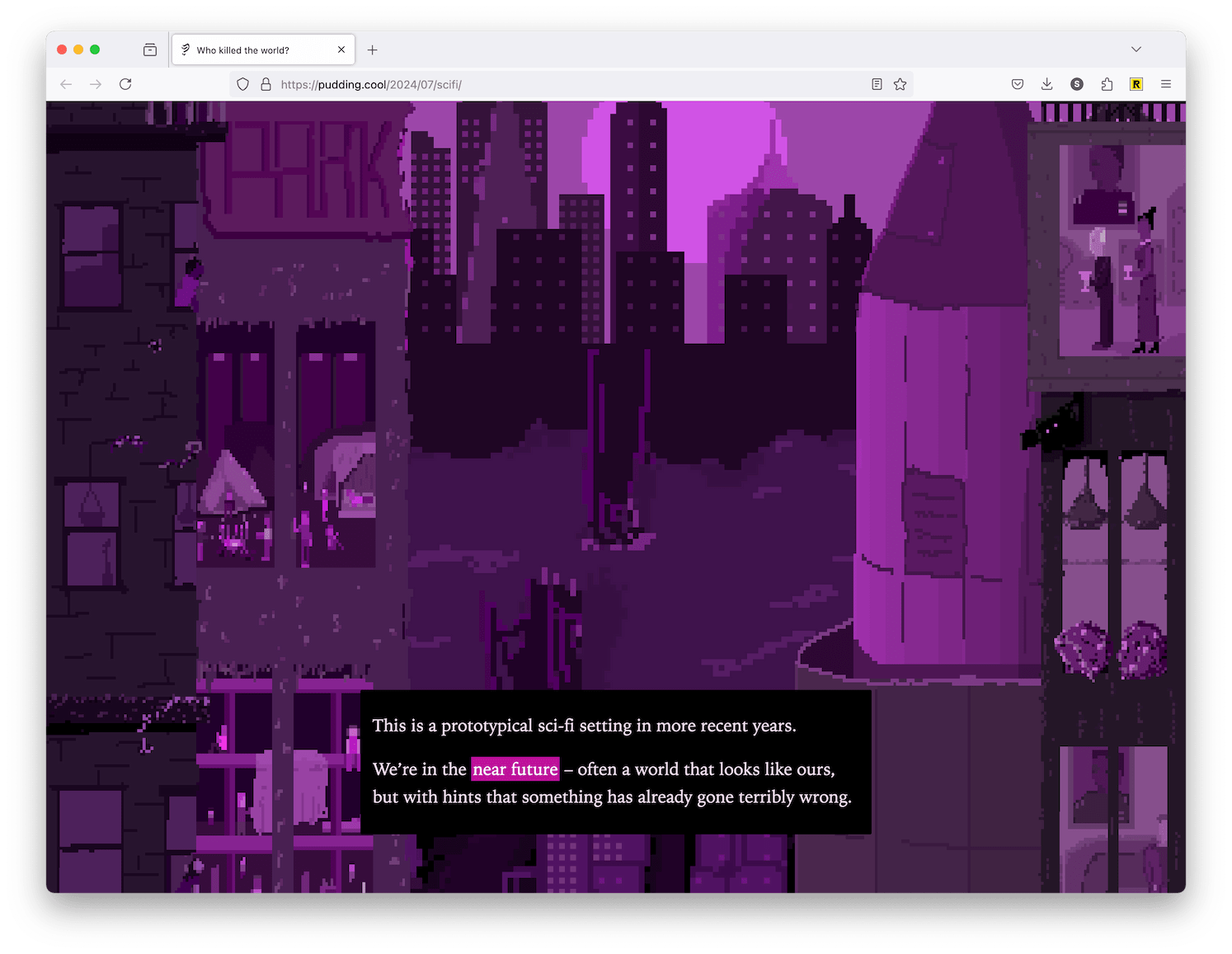
Punchline: We need more optimistic sci-fi narratives. “After all, if we can’t see paradise, how can we possibly navigate toward it?”
[Short Story] “The Year Without Sunshine”
As counterpoint to the many negative thoughts that saturate our media, I want to offer this—hopeful—gem of short story. Without giving too much away, it’s about how one community pulls together after a disaster. May you also find joy in “The Year Without Sunshine.” File under: Stories to challenge our default (often negative) thoughts.
Speaking of negative thoughts…
Reflection vs Rumination
I love this short post from Alison Austin on the distinction between Reflection and Rumination (LinkedIn) and 3 evidence-based way to counter negative thoughts.

Dynamicland
It should come as no surprise that I’m a long time fan of Bret Victor. Accordingly, there’s no way I’d publish an edition of Thinking Things without a shout out to the new Dynamicland website. And… you’re looking at it. Sort of. 🤪
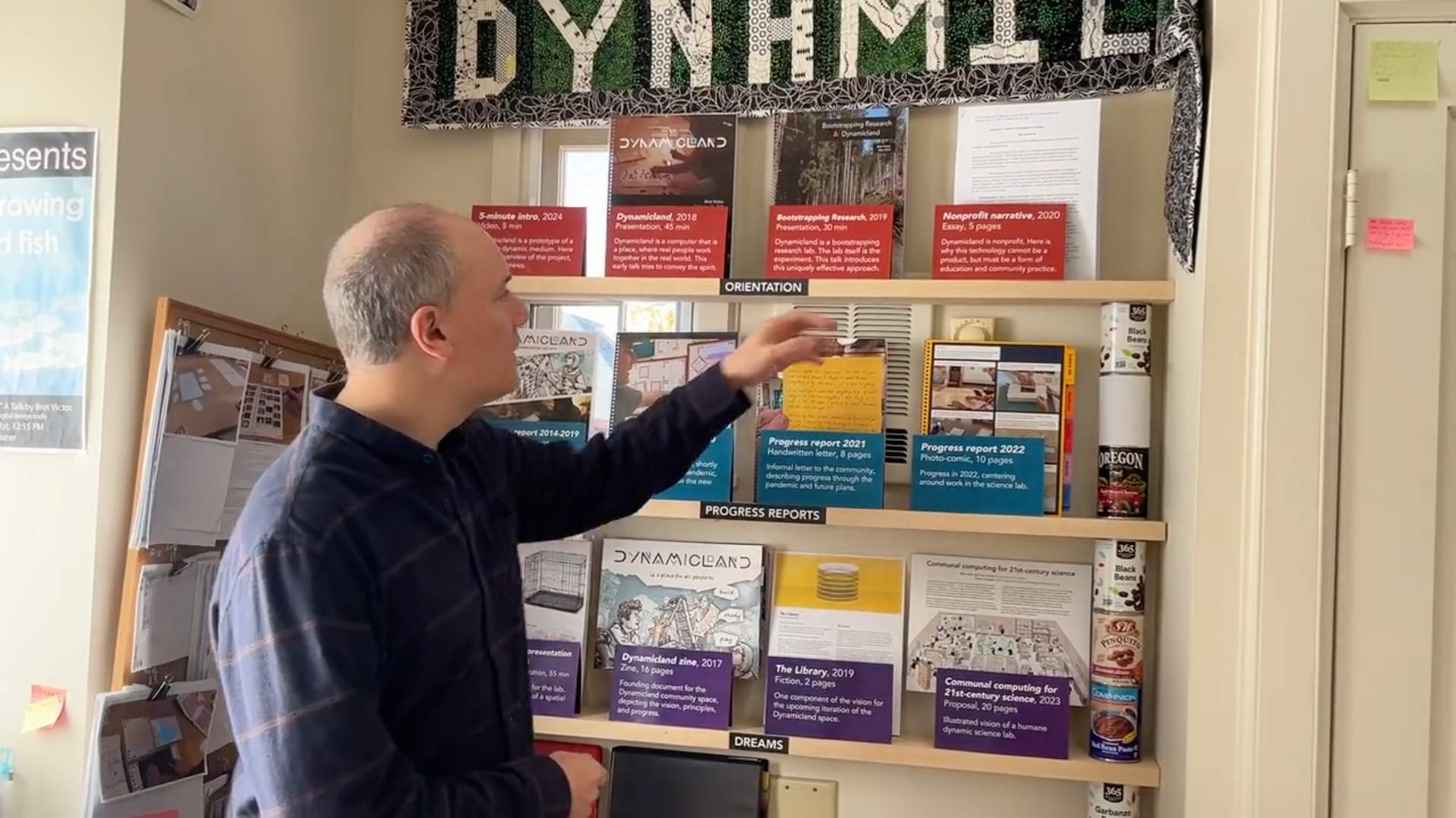
At first glance, the new website is reminiscent of those websites from the early 2000s, where someone would create a big image map, adding clickable areas to a big photo. That is until you realize, this website and the IRL physical bookshelf, are kind of one and the same. You can make or update the website by rearranging things on a bookshelf. See this video for an explanation of the “front shelf.”
“I'd open up a text editor to make this web page, and I was like ugh…I don’t want to mess with CSS. … I realized I could make a hyperphoto … This enormous wave of relief and joy just flooded over me… Instead of using CSS, I could just use paper and tape.”
If Dynamicland is entirely new to you, then the 6 minute overview is a fantastic orientation. Particularly resonant with me where these aspirational words near the end, which sound a lot like things I’ve written and said:
Here's the big picture. Democracy requires universal literacy.
And democracy in the 21st century is going to require a new kind of literacy, for understanding and discussing systems that can't be captured in words and pictures.
Things like the environment, equity, health, global economies. We're not going to solve these things in here [mobile devices]. Or in here [virtual reality].
We're going to solve these things out here. Where we can gather around, as real people, and use computation to explore ideas together.
Work and learn together! 😎
Random fun thing: Is My Blue Your Blue? explores that fine distinction between green and blue.


